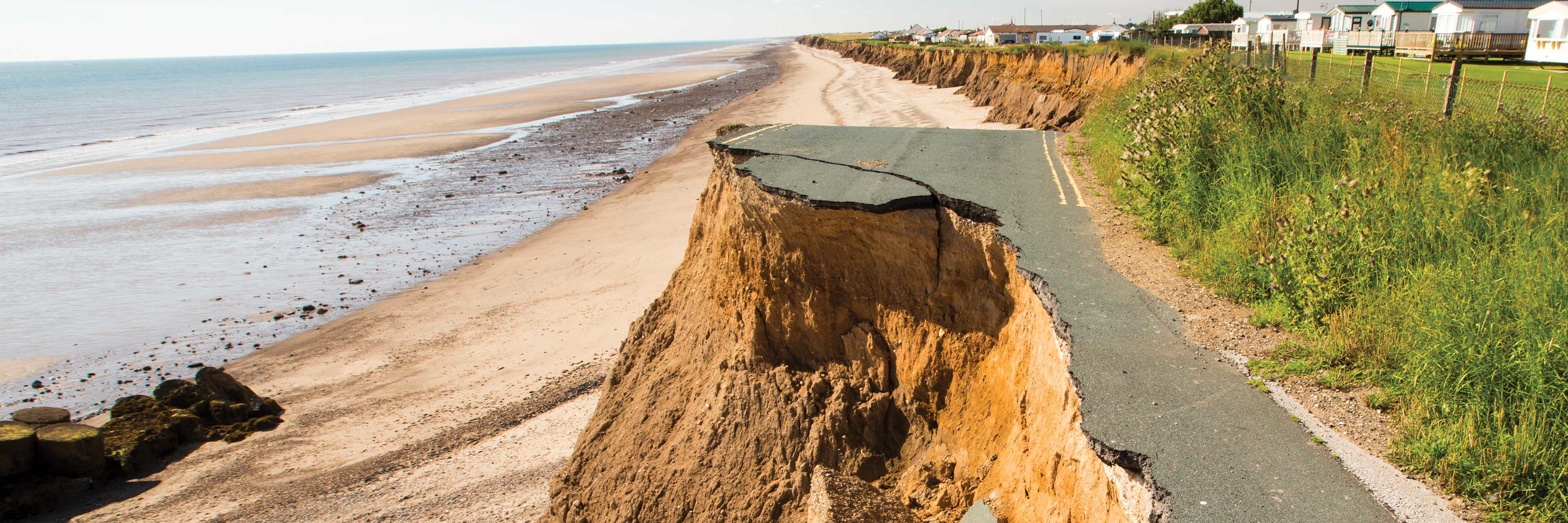

Survey shows biodiversity rises in importance for investors
More than half of investors plan to make biodiversity a significant part of their investment policy, Robeco’s Global Climate Survey has revealed.
まとめ
- 56% of investors will make biodiversity a core strategy in the next two years
- 79% complain of low awareness of the financial implications of biodiversity loss
- Large interest in investments that can help as their impact can be assessed
However, almost four in five respondents said there was a general lack of awareness of the financial implications of biodiversity loss, which is making it difficult to implement clear nature-friendly investment policies.
And almost three in four said investors do not have a way to assess the impact of investment decisions on biodiversity, led by a lack of data that also bedevils other attempts to pursue sustainable investing strategies such as net zero emissions.
These were key findings of the 2022 survey, the second of its kind to ask 300 investors with a combined USD 23.7 trillion in assets under management for their views on everything from climate change and engagement, to attitudes to the SDGs. This year a special section was included to garner opinions about biodiversity.
In January, Robeco published a white paper outlining its approach to biodiversity from all angles, and began a partnership with the World Wide Fund for Nature Netherlands to assist with its further integration into the investment process.
Perhaps the greatest revelation was the number of investors who now treat biodiversity seriously. Although crucial to maintaining the ecosystems on which all economic activity depends, biodiversity in the past has been seen as either a minor issue, or something that investors thought difficult to approach from a financial perspective.
Some 56% of investors said biodiversity will be at the center of, or a significant factor in, their investment policy in the next two years, while 41% have it playing a major role today. Regarding their motivation, 65% of wholesale investors and 52% of all those polled said they wanted to reduce long-term systemic risks associated with biodiversity loss, such as wide-scale deforestation and overly exploited ocean life.
The main findings of the biodiversity questions in the survey

Source: Robeco, CoreData
What to invest in
So, what to invest in? Some 63% said food security and nutrition were good options, while 62% went for sustainable agribusiness. And 40% wanted to see more thematic investing offerings related to biodiversity – Robeco is working to launch such as strategy later this year.
Aside from direct investment, engaging with companies was seen as being important by 46% of those surveyed, while 37% said investors should work more with environmental organizations (such as the WWF-NL) to make an impact. Some 34% said exclusions or divestments should be used more often for the worst offenders on biodiversity.
Problems remain
However, keenness to get involved is not matched by the ability to do so. Some 79% said there is a general lack of awareness on the financial implications of biodiversity loss, partly due to difficulties in quantifying it on the bottom line. Some 73% said they do not have a way to assess the impact of investment decisions on biodiversity, and 50% cited a lack of data, reporting and ratings on biodiversity as an obstacle to taking account of it in investment portfolios.
Support for biodiversity investments is also not as high as it is for climate change. Only 36% said they had seen demand for it from their own stakeholders, while the same figure said they believed biodiversity was the next major trend. For climate change, a clear majority said both were relevant.

Global Climate Investing Survey 2022: Engagement and biodiversity
‘The next big thing’
“Biodiversity is often referred to as ‘the next big thing’, and this is reflected in the findings of our survey,” says Lucian Peppelenbos, Climate Strategist at Robeco. “A majority of investors are prioritizing biodiversity: they understand well how the global economy and financial markets are embedded in and dependent on the biosphere.”
“But they are struggling to make it concrete and operational in their portfolios. Because how does one link these impacts to individual issuers, and how do you aggregate this in portfolios? That’s the ‘million dollar question’.”
Building knowledge
“At Robeco, we recognized this challenge and initiated our biodiversity roadmap two years ago. In the first instance, our focus was on building knowledge and understanding the data, through partnerships such as with the University of Cambridge and more recently with the World Wide Fund for Nature Netherlands. Currently we are trialling data sources, building biodiversity investment strategies and developing an overall framework to address biodiversity across our portfolios.”
“Building on the momentum in the industry, we hope to come to tangible results in 2022 so that we can make a real difference for biodiversity through our investments.”
サステナビリティに関する最新のインサイトを把握
ロベコのニュースレター(英文)に登録し、サステナブル投資の最新動向を探求しましょう。
重要事項
当資料は情報提供を目的として、Robeco Institutional Asset Management B.V.が作成した英文資料、もしくはその英文資料をロベコ・ジャパン株式会社が翻訳したものです。資料中の個別の金融商品の売買の勧誘や推奨等を目的とするものではありません。記載された情報は十分信頼できるものであると考えておりますが、その正確性、完全性を保証するものではありません。意見や見通しはあくまで作成日における弊社の判断に基づくものであり、今後予告なしに変更されることがあります。運用状況、市場動向、意見等は、過去の一時点あるいは過去の一定期間についてのものであり、過去の実績は将来の運用成果を保証または示唆するものではありません。また、記載された投資方針・戦略等は全ての投資家の皆様に適合するとは限りません。当資料は法律、税務、会計面での助言の提供を意図するものではありません。 ご契約に際しては、必要に応じ専門家にご相談の上、最終的なご判断はお客様ご自身でなさるようお願い致します。 運用を行う資産の評価額は、組入有価証券等の価格、金融市場の相場や金利等の変動、及び組入有価証券の発行体の財務状況による信用力等の影響を受けて変動します。また、外貨建資産に投資する場合は為替変動の影響も受けます。運用によって生じた損益は、全て投資家の皆様に帰属します。したがって投資元本や一定の運用成果が保証されているものではなく、投資元本を上回る損失を被ることがあります。弊社が行う金融商品取引業に係る手数料または報酬は、締結される契約の種類や契約資産額により異なるため、当資料において記載せず別途ご提示させて頂く場合があります。具体的な手数料または報酬の金額・計算方法につきましては弊社担当者へお問合せください。 当資料及び記載されている情報、商品に関する権利は弊社に帰属します。したがって、弊社の書面による同意なくしてその全部もしくは一部を複製またはその他の方法で配布することはご遠慮ください。 商号等: ロベコ・ジャパン株式会社 金融商品取引業者 関東財務局長(金商)第2780号 加入協会: 一般社団法人 日本投資顧問業協会























